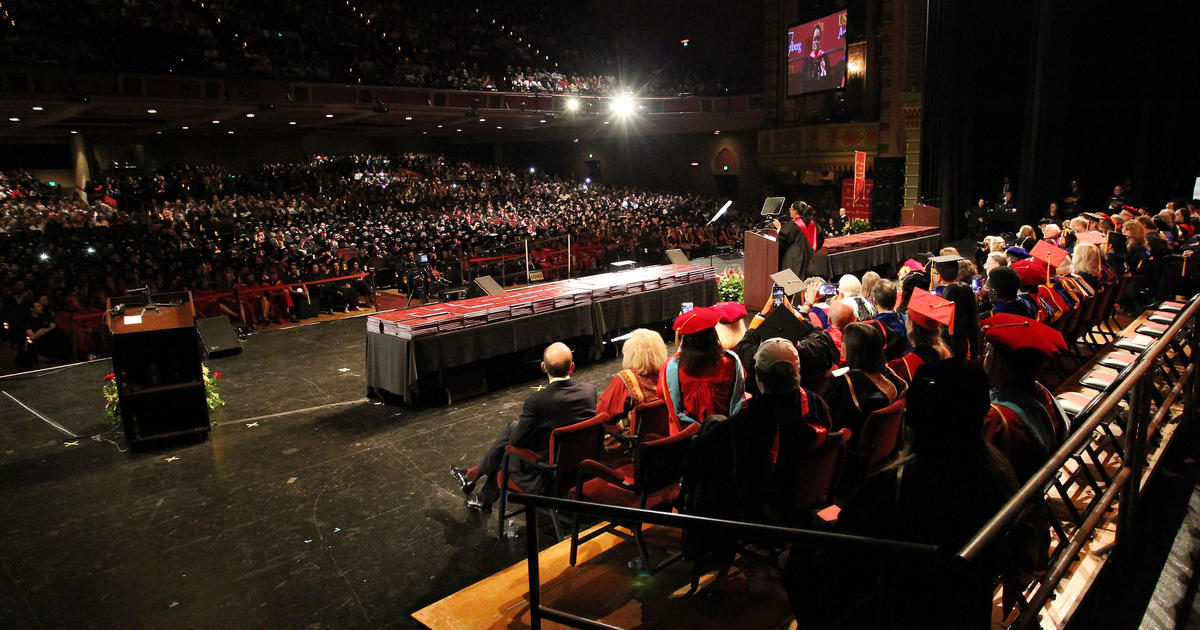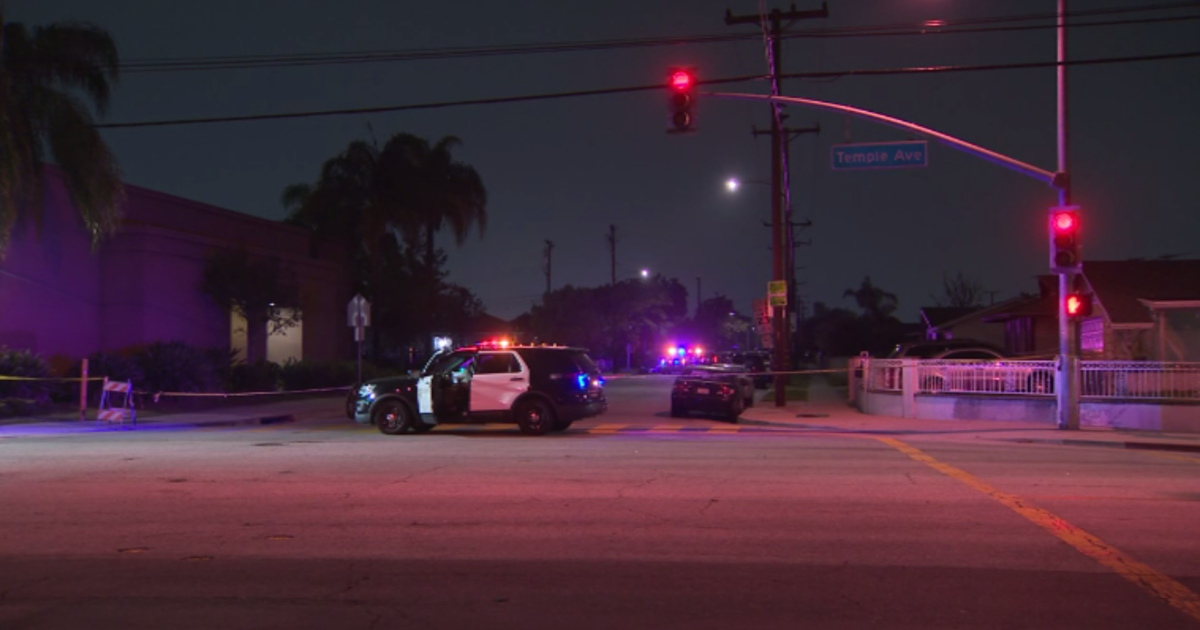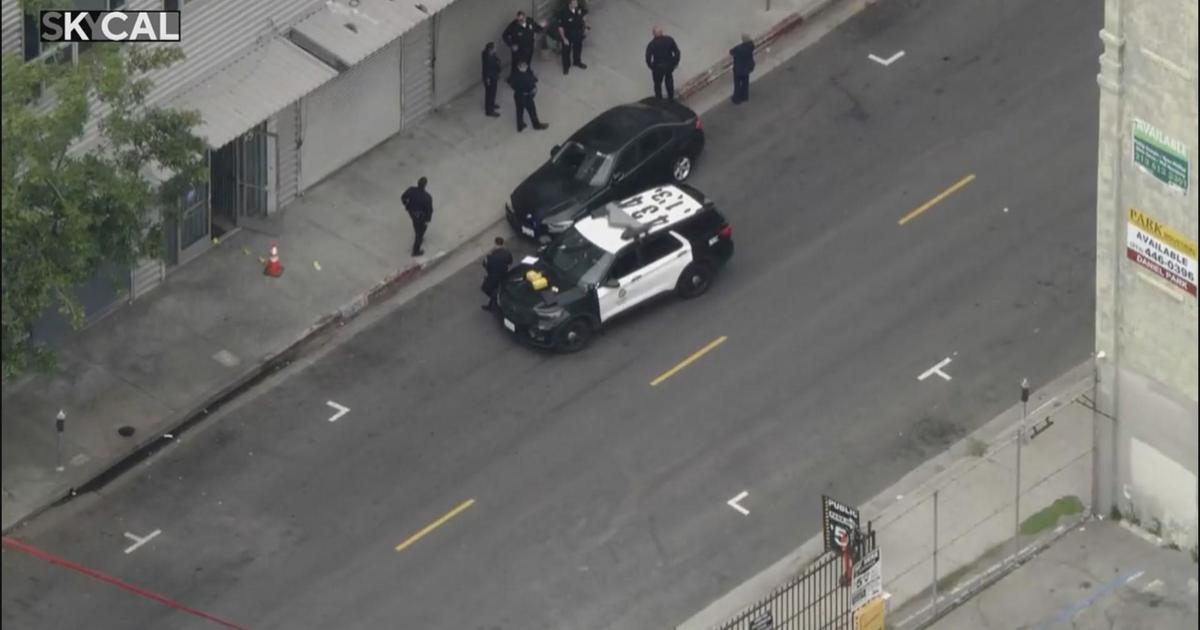UCLA Launches Task Force On Campus Safety After Shooting
LOS ANGELES (AP) — Students and administrators at UCLA are examining campus safety — including concerns raised about classroom doors with no locks — after a murder-suicide last week that left a beloved engineering professor dead.
In a letter to students and faculty Tuesday, Chancellor Gene Block said a new task force will review the university's response to the June 1 shooting.
Separately, students will announce the creation of the UCLA Institute on Campus Violence on Friday to study strategies to end campus violence.
"As the 186th school shooting since Sandy Hook, UCLA students pledge to take a stand on campus violence," UCLA student body president Danny Siegel said. "No student, faculty, or staff should ever feel unsafe on campus - after 186 school shootings, we come together to send a clear message: no more."
Authorities believe former student Mainak Sarkar killed his estranged wife in a Minneapolis suburb before driving across the country to Los Angeles and fatally shooting engineering professor William Klug on June 1. Klug had helped Sarkar earn his engineering Ph.D. in 2013.
Immediately after the shooting, UCLA went into lockdown amid a massive police response.
Inside classrooms, some students found they were unable to lock doors. Images of panicked students keeping doors secured with desks, chairs, printers and other means posted on social media sparked questions and raised alarm.
Scott Waugh, an executive vice chancellor and provost at the school, later told reporters that university officials were troubled by reports of unlocked doors.
The issue of doors that cannot lock from the inside has come up in other deadly campus shootings, including one at Virginia Tech in 2007 where students barricaded themselves inside rooms. Some schools have installed locks after attacks.
Most security experts agree that getting into a locked room is one of the most effective deterrents against getting shot. But wider adoption has been hindered by cost and local fire codes.
In his letter, Block said the university has devoted "considerable attention" to crisis preparedness in recent years, including active shooter drills. In addition to locks, a university security analysis will look at UCLA's emergency notification process, he said.
"We must now carefully study our actions and reactions to determine what more we can do to protect our community from violence," Block wrote.
Investigators believe that Sarkar, 38, was mentally ill and likely killed his estranged wife, Ashley Hasti, on May 29 before heading to Los Angeles.
A license plate reader picked up his car in Denver on May 31, and Sarkar arrived in Los Angeles after that, Los Angeles police Capt. Billy Hayes said Thursday.
Hasti's body wasn't found until after the UCLA shooting. Investigators followed up on a note left by Sarkar to check on his cat in his home in Minnesota.
Hayes said the FBI is analyzing Sarkar's cellphone to help piece together his movements and motivation.
"You want to see the timeline, you want to see if we can find what was the trigger event that sparked the whole thing," Hayes said.
(© Copyright 2016 The Associated Press. All Rights Reserved. This material may not be published, broadcast, rewritten or redistributed.)



